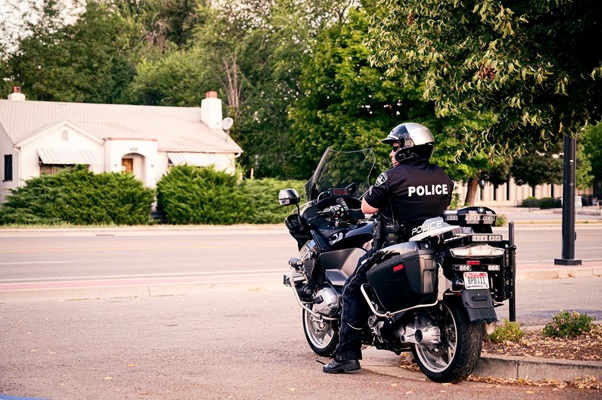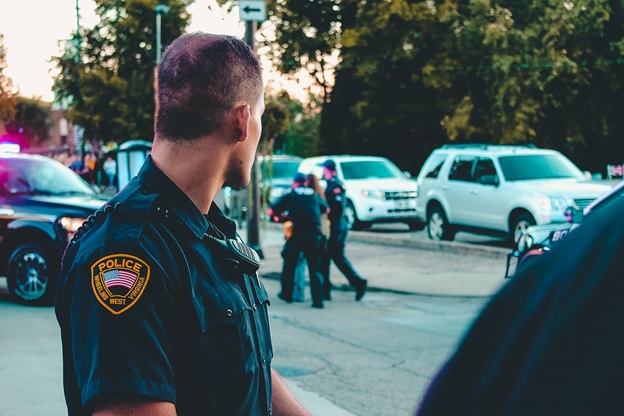Many a time people are pulled dover and questioned by the police, but they don’t feel like they are free to walk away from an officer. In such circumstances, it’s essential to know your rights and the state law.
Until you have been formally detained by an officer or arrested, the police officer cannot prevent you from leaving. Once they stop you from leaving, an arrest has taken place. Every arrest isn’t necessarily legal, since it depends on the probable cause by the arresting office.
What is probable cause?
In the United States, an officer can only arrest a person if they have probable cause. This is clearly stated in the Fourth Amendment of the constitution. This prevents police officers from arresting people they simply don’t like or are suspicious of them for the wrong reasons.
Probable cause isn’t just a hunch that someone is up to no good. It must be established with the help of actual evidence. Here are some examples of evidence that can result in a legal arrest:
Observation: observation includes clues based on sight, smell, sound, that raise suspicion. Perhaps an officer sees a child looking visibly uncomfortable and upset with an adult. The adult might be holding onto them to make sure they don’t cause a commotion. Similarly if they can smell harmful substances in an area.

Witness reports, victims, and informants: Witnesses and victims also alert the police of any criminal activity. Police also have informants in various areas who provide vital information regarding suspicious activity.
Police expertise: Police officers are trained to pick up on signs of crime happening in an area, like gang signs, detection of concealed weapons, etc. They can use this information to support their probable cause for arrest.
Circumstantial evidence: a broken car window or store window are examples of circumstantial evidence that points towards an incident.
Who decides probably cause?
Even though probable cause is established before an arrest is made, probable cause is decided by a judge. Even if an officer had good faith in the probable cause, a judge can decide against it if they do not agree. When this occurs, evidence acquired is deemed inadmissible in court.
If this does happen and the judge determines that the police were wrong, it doesn’t take away from the probable cause. Probably cause is necessary for the police as it prevents lawsuits against them.
If you have been legally arrested, get in touch with a bail bond service in Huntington County, IN. DeLaughter Bail Bonds is a family-owned and operated business that has been serving Indiana since 2010. You can count on us to provide reasonable options for every person. Get in touch with our bail bonds agents at 260-578-0505.




